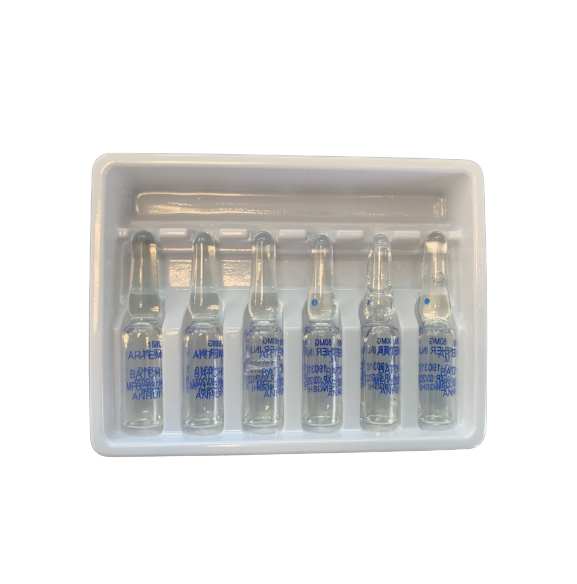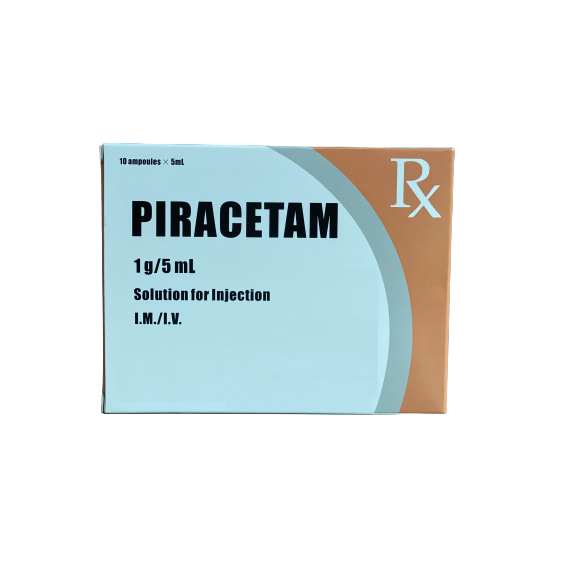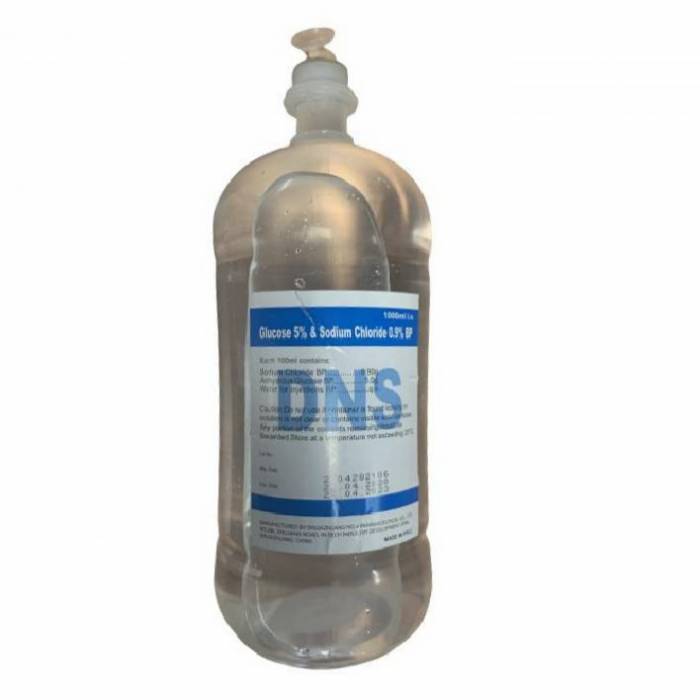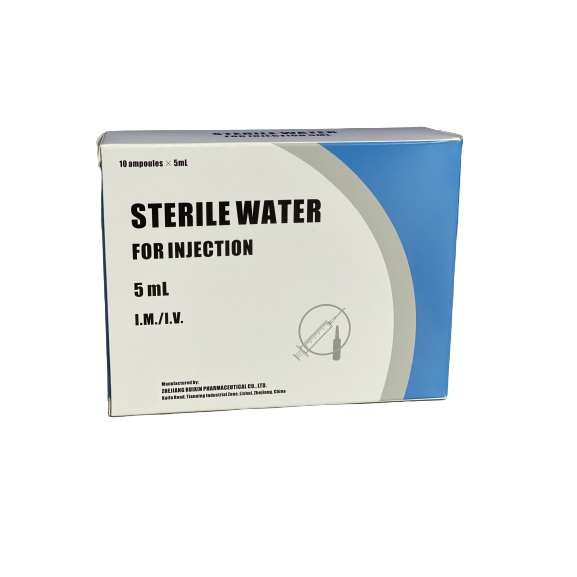Be Careful about Heparin-induced Thrombocytopenia Caused by Nadroparin Calcium. Due to the potential for heparin-induced thrombocytopenia, platelet counts should be monitored throughout treatment with nadroparin calcium injection. Cases of thrombocytopenia, sometimes severe, have been reported rarely, and may be associated with venous or arterial thrombosis. This diagnosis needs to be considered in the following cases:
- Thrombocytopenia
- Any meaningful decrease in platelet count (reaching 30 to 50% of baseline)
- During treatment, the original thrombosis continued to worsen
- thrombosis during treatment
- disseminated intravascular coagulation
In this case nadroparin calcium therapy must be discontinued.
These effects may be immuno-allergic, with first treatment reports mainly occurring between days 5 and 21 of treatment, but may occur earlier if there is a history of heparin-induced thrombocytopenia.
Nadroparin calcium should only be considered if there is a history of thrombocytopenia during heparin (UFH or LMWH) therapy. In this setting, careful clinical monitoring and evaluation of platelet counts should be performed at least once daily. If thrombocytopenia occurs, treatment should be discontinued immediately.
If thrombocytopenia occurs with heparin (unfractionated heparin or low-molecular-weight heparin) therapy, an alternative antithrombotic drug of a different type should be considered. If not available and heparin must be used, another low molecular weight heparin may be considered. In this setting, monitor platelet counts at least once daily and discontinue therapy as soon as possible, as there have been reports of patients with first-episode thrombocytopenia progressing after replacement therapy (see Contraindications).
In vitro platelet aggregation assays have limited diagnostic value for heparin-induced thrombocytopenia.
Special care should be taken when using nadroparin calcium in the following situations, as they may be associated with an increased risk of bleeding:
- Liver failure
- Severe arterial hypertension
- History of peptic ulcer or other organic injury that may cause bleeding
- Chorio-retinal vascular disease
- Postoperative period for brain, spinal cord or eye surgery





